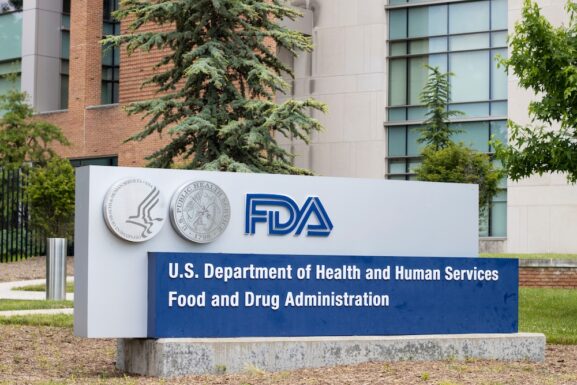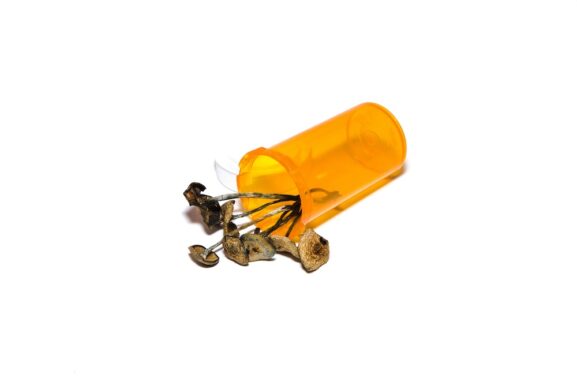Matthew Perry’s Doctor Pleads Guilty to Conspiracy to Dispense Ketamine
In a surprising turn of events, Dr. Mark Chavez has admitted guilt in connection with the death of beloved actor Matthew Perry. The 54-year-old physician pleaded guilty to a charge of conspiracy to distribute ketamine.
The Guilty Plea
On Wednesday, October 2, Chavez appeared before a federal judge in Los Angeles. He entered a guilty plea for one count of conspiracy related to ketamine distribution.
RELATED: Ketamine Shows Promise in Managing Parkinson’s Symptoms
Potential Consequences
The repercussions for Chavez are severe. He faces up to ten years in prison. His sentencing is scheduled for April 2, 2025. In the meantime, Chavez remains free on a $50,000 bond.
But the consequences extend beyond potential jail time. Chavez has surrendered his passport and medical license. He has committed to stop practicing medicine and this case serves as a stark reminder of the responsibilities medical professionals bear.
The Plea Deal
The road to this guilty plea began earlier. On August 30, Chavez accepted a plea deal in his initial court appearance. He agreed to plead guilty to conspiracy charges related to ketamine distribution.
This agreement likely played a role in shaping the current outcome. It prompts us to consider the complexities of our legal system. How do plea deals impact justice in high-profile cases?
Broader Implications
The case of Dr. Chavez and Matthew Perry’s death highlights larger issues. It sheds light on the dangers of prescription drug misuse. It also raises questions about celebrity access to medical care.
As this case unfolds, it serves as a somber reminder. The consequences of medical malpractice can be devastating. It affects not just individuals, but entire communities.



